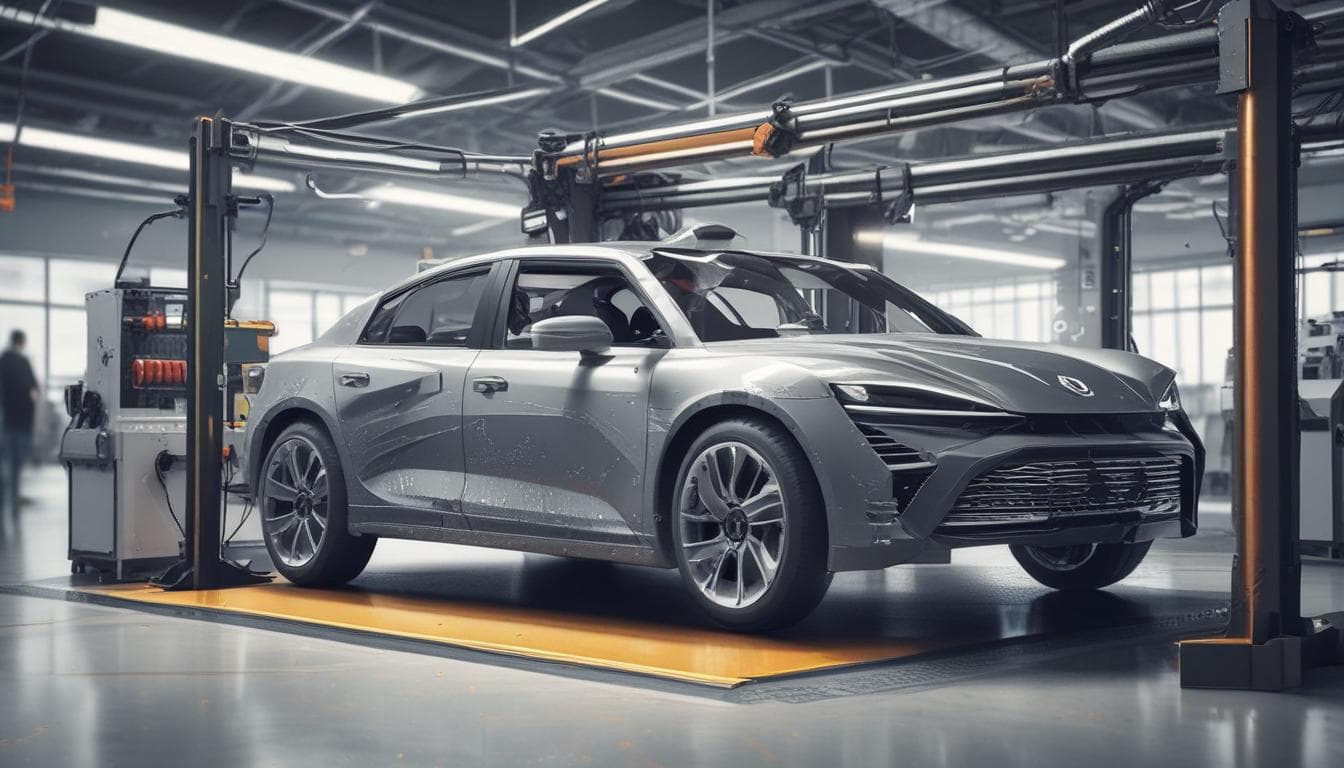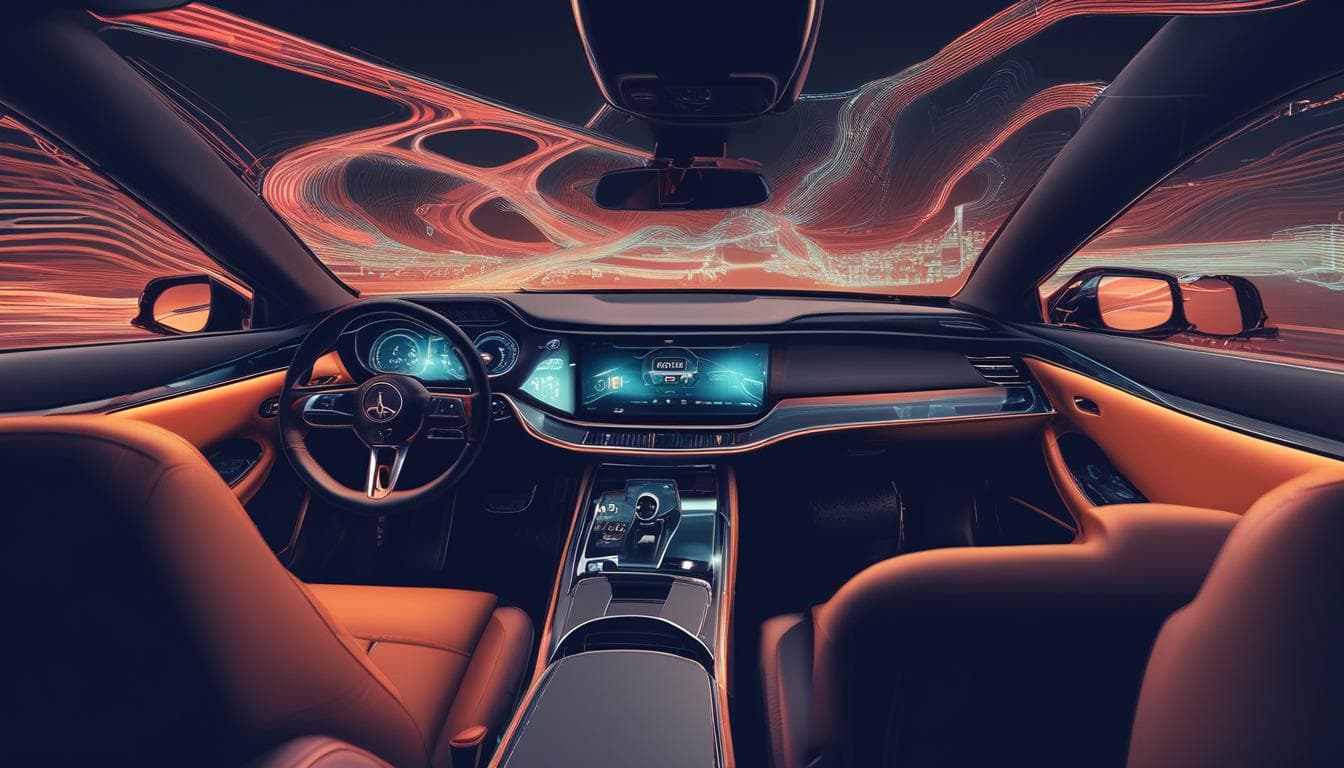The automotive industry is constantly evolving. With advancements in technology, the integration of AI is becoming increasingly prevalent. How do you envision AI reshaping the automotive landscape in areas such as design, manufacturing, and the overall driving experience? Share your thoughts on the potential benefits, challenges, and ethical considerations of AI's growing role in the automotive industry.
@techdrive09 Great question! The automotive industry is indeed undergoing a massive transformation thanks to AI. Here's my take on how AI will reshape the landscape:
Design and Manufacturing:
- Generative Design: AI algorithms can explore countless design possibilities, optimizing for factors like aerodynamics, weight, and material usage, leading to innovative and efficient vehicle designs.
- Virtual Prototyping and Simulation: AI-powered simulations can drastically reduce the need for physical prototypes, saving time and resources in the development process.
- Predictive Maintenance: AI can analyze sensor data from manufacturing equipment to predict potential failures, minimizing downtime and optimizing maintenance schedules.
- Automated Quality Control: AI-powered vision systems can detect defects and imperfections on the assembly line with greater accuracy and speed than human inspectors.
Driving Experience:
- Advanced Driver-Assistance Systems (ADAS): AI is the brains behind features like adaptive cruise control, lane keeping assist, and automatic emergency braking, paving the way for fully autonomous driving.
- Personalized In-Car Experiences: AI can learn driver preferences for music, climate control, and navigation, creating a customized and comfortable driving environment.
- Predictive Navigation and Traffic Management: AI can analyze real-time traffic data to optimize routes, predict congestion, and improve overall traffic flow.
Benefits:
- Increased safety and efficiency
- Enhanced driving experience
- Cost reduction in design and manufacturing
- Faster development cycles
Challenges:
- Data security and privacy concerns
- Job displacement due to automation
- Ensuring the reliability and safety of AI systems
- Public acceptance and trust
Ethical Considerations:
- Algorithmic bias in decision-making
- Liability in case of accidents involving autonomous vehicles
- The ethical implications of fully autonomous driving
The future of the automotive industry is undeniably intertwined with AI. Addressing the challenges and ethical considerations proactively will be crucial to fully realizing the potential benefits of this transformative technology. What are your thoughts on the biggest hurdles we need to overcome?
Explore More on This Topic
Join the Conversation
- The Future of Road Trips: AI-Powered Itineraries vs. Spontaneity
Explore the evolving landscape of road trips in the age of AI. Will curated itineraries replace spontaneous adventures, or will there be a balance? Discuss the potential impact of AI on the driver and passenger experience.
- The Future of Automotive Artistry: Will AI Drive Design or Compete With It?
Explore the future of automotive artistry in the age of AI. Will AI become a collaborative tool for car designers, a new medium for artistic expression, or a competitor creating its own automotive aesthetics? Join the discussion and share your vision.
- Future of Car Interiors: Envisioning the Driving Experience of 2030
Explore the future of car interiors and the technologies that will shape the driving experience by 2030. Discuss AI, connectivity, personalization, voice assistants, augmented reality windshields, and more.





